1. INDIA
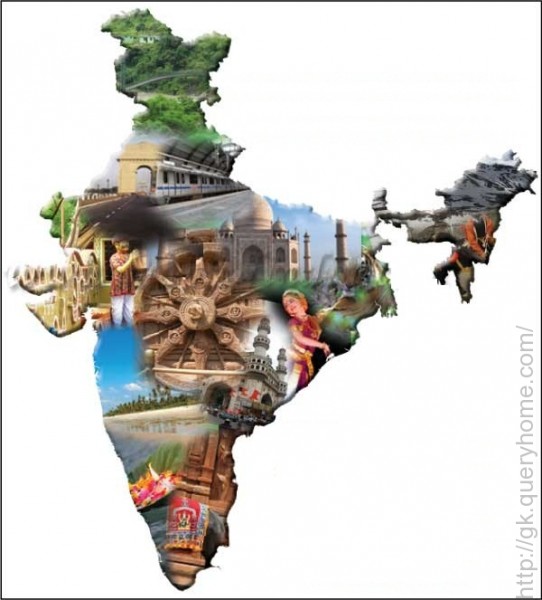
India – This is a European term derived from Greek ‘Indos’/’Indhu’ (which means the region beyond the Indus river) which in turn is taken from Persian ‘Hindu’ which is in turn taken from Sanskrit ‘Sindhu’. Other Sanskrit names for India are Bharat (Empire ruled by Bharata dynasty)/ Aryavarta (Land of Aryans).
2. CHINA

China – This is a European term popularised by Marco polo 13th century. It is derived from Sanskrit ‘Cina’ referring to the Qin dynasty of China. The Chinese dont have a specific name for their country.It often changed with change in dynasty which ruled them.But they vaguely call it as Zhonguo (Middle Kingdom).
3. INDONESIA
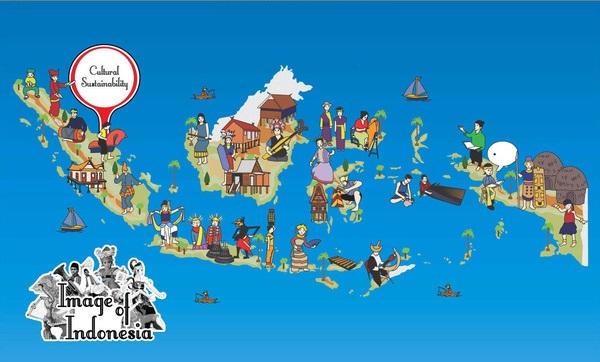
Indonesia – This is a European term derived from two Greek words ‘Indos’ taken from Sanskrit ‘Sindhu’ (referring to India) and ‘nesos’ (Island). Indonesia historically had a lot of Indian influence on them, hence the Europeans simply called it as ‘Indonesia’ (Indian Islands). Malaysia – It is derived from the Sanskrit word ‘Malay’/’Malayakolam’/Malayadwipa (Islands of Mountains). The Indians used to descibe the entire South East Asia as ‘Malay’.
4. IRAN
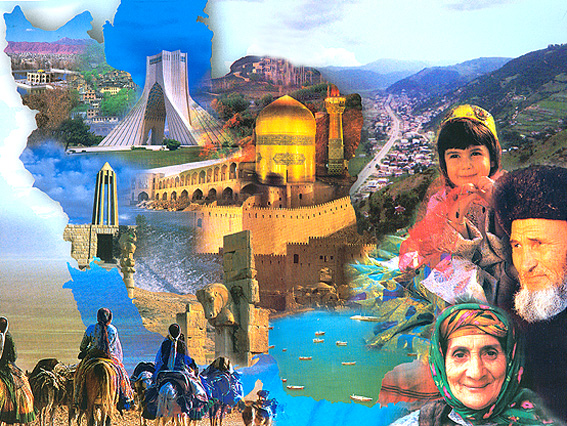
Iran – Land of the Aryans" or "land of the free". The term "Arya"as in ‘Aryavarta’ is from a Sanskrit root, generally meaning "noble" or "free", cognate with the Greek-derived word "aristocrat".
5. Burma

The Indian name is alternatively derived from Brahmadesh (Sanskrit: ब्रह्मादेश), "land of Brahma"
6. SINGAPORE

Singapore – The English name of Singapore is derived from the Malay word Singapura (Sanskrit: सिंहपुर, literally Lion City), hence the customary reference to the nation as the Lion City. However, it is most likely that lions never lived on the island, and the beast seen by Sang Nila Utama, who founded and named Singapore, was a tiger.
7. SRILANKA
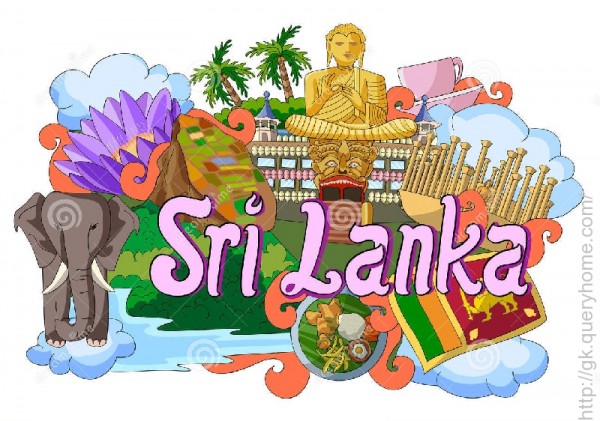
Sri Lanka – Sanskrit for venerable Island. "Holy Island", from Sanskrit Sri (श्री, "holy", "resplendent") and Lanka (लंका, "island"). "Lanka" was also the name of the capital of King Ravana in the sanskrit epic Ramayana.
8. BANGLADESH
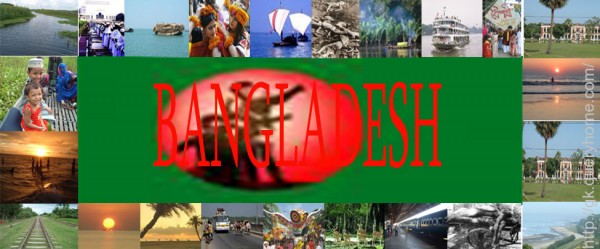
Bangladesh – Sanskrit for Land of Bengalis. It is derived from the ancient Vanga or Banga Kingdom mentioned in the Mahabharata as located in eastern Bengal, which in turn is thought to preserve the name of a Dravidian-speaking tribe called the Bang who settled the region around the year 1000 BC
9. CAMBODIA

Cambodia – derived from Khmer word “Kampuchea” which is in turn derived from the Sanskrit word ‘Kambujadesa’ (Land of Kambuja). Land of the Kambojas", Latinized from French Cambodge, from Sanskrit Kambojadeśa (कम्बोजदेश). These Kambojas are apparently the same Kambojas in Afghanistan, whose etymology – or even relationship with Cambodia – is uncertain and highly disputed. Yaska in the 7th century BC and Nirukta. derived the name Kamboja from "enjoyers of beautiful things" (Sanskrit: kamaniya bhojah).
10. THAILAND
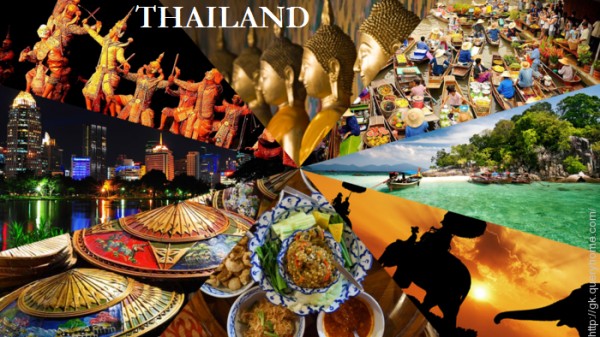
Thailand – European word derived from the Thai term ‘Ratcha Thai’ which is in turn derived from Sanskrit term ‘Raja Thai’ (Kingdom of Thai). Thailand’s other name is Siam derived from Sanskrit term ‘Suvarnabhoomi’.(Land of Gold).
11. BHUTAN
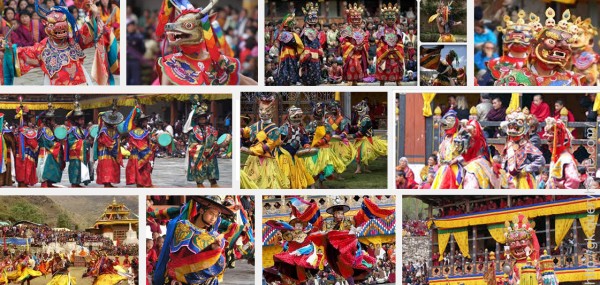
Bhutan – The name is traditionally taken to be a transcription of the Sanskrit Bhoṭa-anta (भोट-अन्त, "end of Tibet"), in reference to Bhutan's position as the southern extremity of the Tibetan plateau and culture. "Bhutan" may have been truncated from this or been taken from the Nepali name Bhutān (भूटान). It may also come from a truncation of Bodo Hathan ("Tibetan place").[citation needed] All of these ultimately derive from the Tibetan endonym Bod. An alternate theory derives it from the Sanskrit Bhu-Utthan (भू-उत्थान, "highlands")
12. BRUNEI

Brunei –. It was named Barunai in the 14th century, possibly influenced by the Sanskrit word "varuṇ" (वरुण), meaning either "ocean" or the mythological "regent of the ocean". The word "borneo" which another Indonesian island is of the same origin.
13. MALDIVES

Maldives – the name "Maldives" derives from the Sanskrit maladvipa (मालदीव), meaning "garland of islands". Some sources say that the Tamil malai (மலை) or Malayalam mala (മല): "mountain(s)", and Sanskrit diva (दिव): "island", thus, "Mountain Islands".
14. NEPAL

Nepal – it derives from the Sanskrit nipalaya, which means "at the foot of the mountains" or "abode at the foot," referring to its proximity to the Himalayas.
